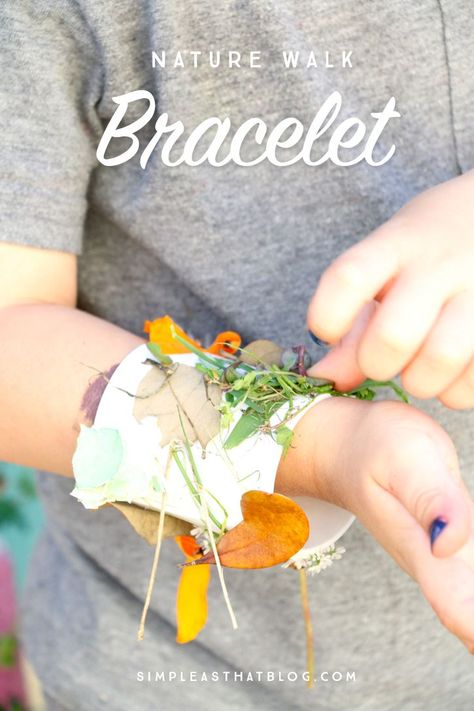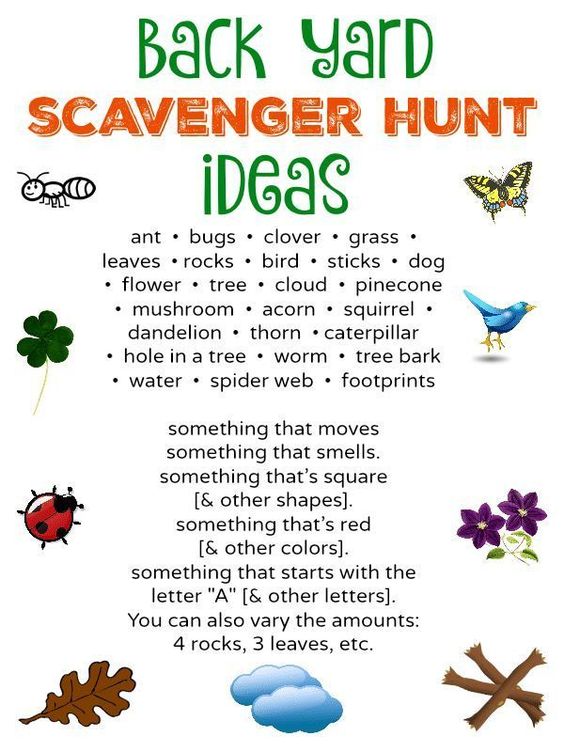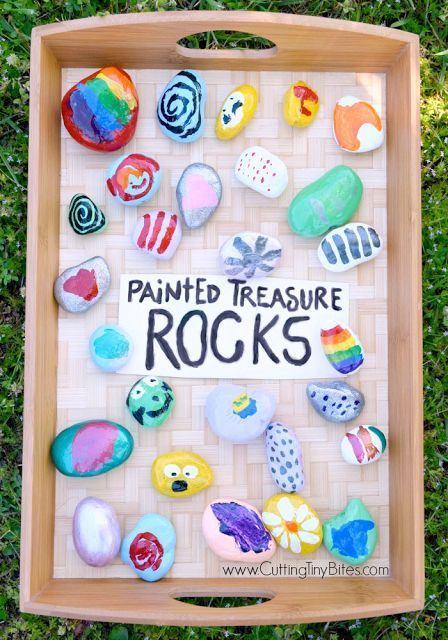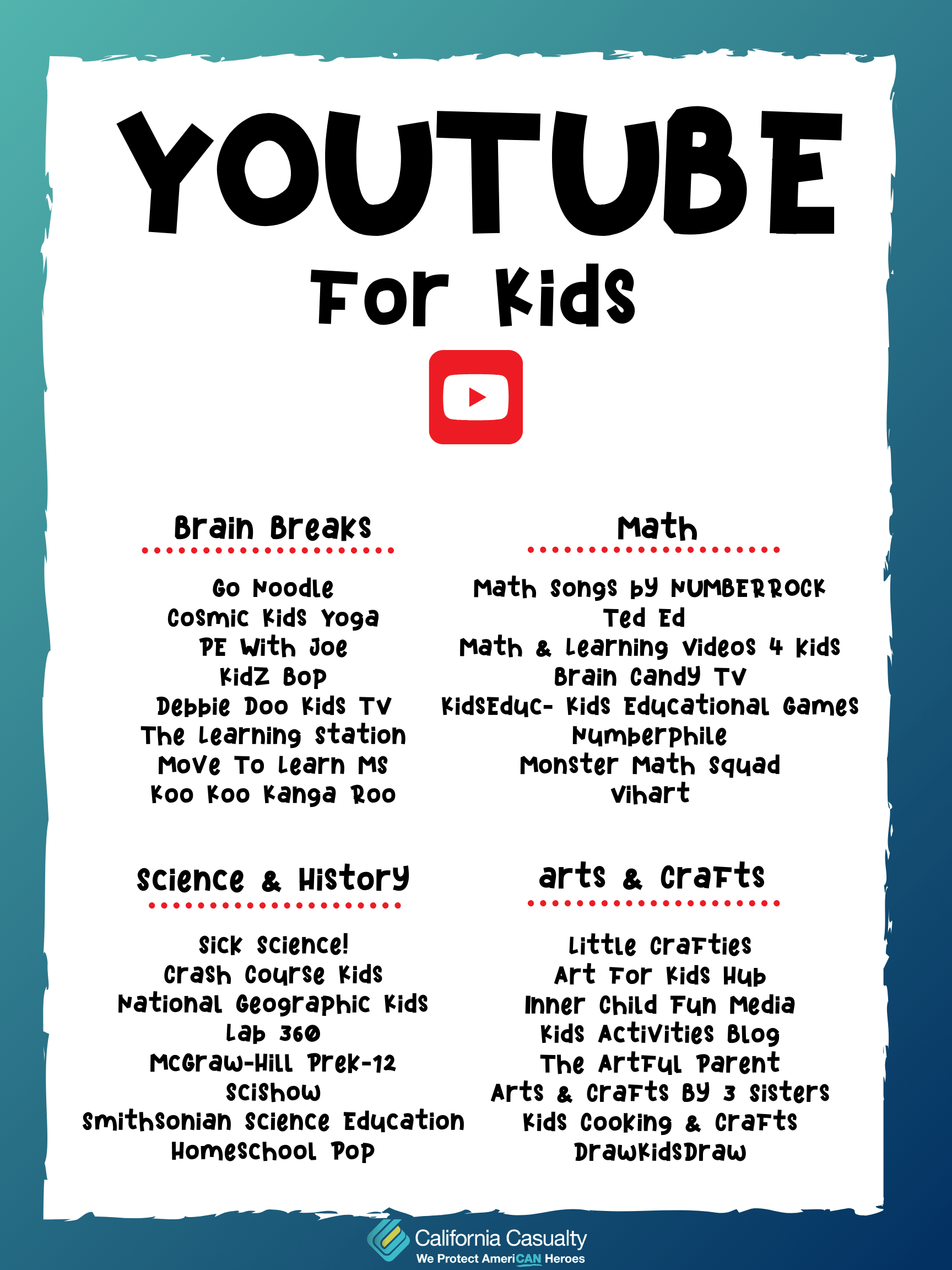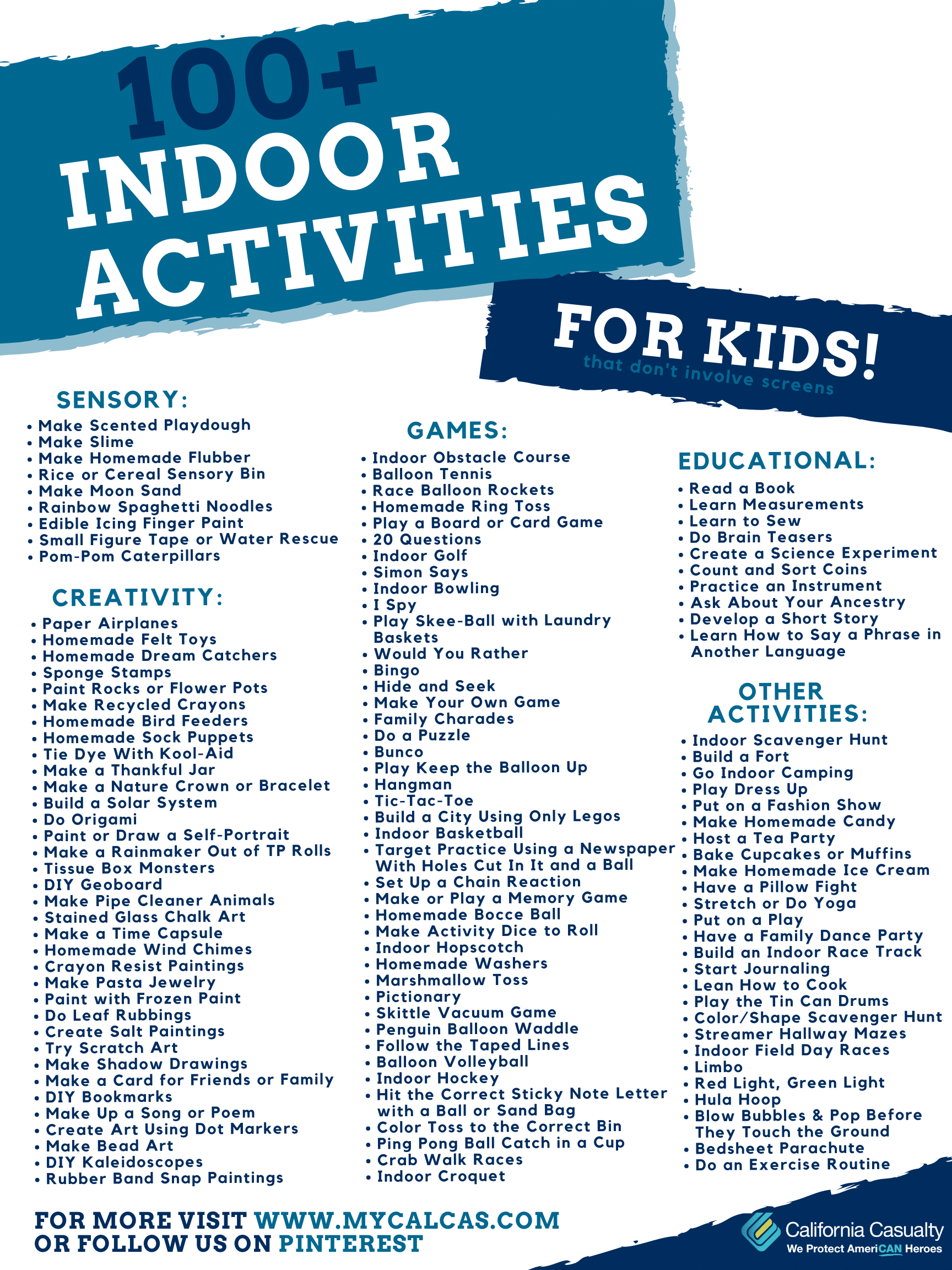by California Casualty | Educators, Health |
Our Education Blogger is a public school teacher with over a decade of experience. She’s an active NEA member and enjoys writing about her experiences in the classroom.
The “discussion.” It’s inevitable. Kids are going to want to talk about Coronavirus-COVID19 (if they haven’t asked you already). This is a difficult, yet important, discussion. So, where do we start the conversation?
The good news- There’s no right or wrong way to approach this topic. However, if you are unsure of how to navigate this conversation, you may find these tips to be helpful.
Be Calm
Your kids naturally react to your emotions. When you are calm, kids are more likely to listen to you and better understand.
Be Available
Allow time in your schedule simply for talking. Tell your kids you are available if they have questions. Try not to force conversations. When kids are having strong feelings, validate those feelings and talk about them.
Be Prepared
Don’t be surprised if you have to repeat information to your kids; any type of crisis can be confusing. Kids need to find ways to feel reassured, and repetition of information can satisfy this need.
Be Honest
Adults want to make scary situations less frightening for kids. It’s natural. But during times of crisis and uncertainty, it is important to be honest with kids. Provide information using age-appropriate language and concepts. Also, remind kids that not everything they read or see is an accurate representation of the truth; we must be mindful consumers of media.
Be Sensitive
We may struggle to find the answer to the big question: Why? Please find reliable information to help you answer this question (fact sheets from CDC). Don’t use language that blames a group of people or assumes specific races or ethnicities contract or spread the virus.
Be Attentive
Know what your kids are watching and hearing on TV and online. It’s always a good idea to limit screen time, especially during a crisis. Too much information can be overwhelming and may cause confusion or anxiety. Also, be aware that kids may be listening to adult conversations.
Be Proactive
Revisit proper hygiene routines with them, like:
-
-
-
- Practicing sneezing and coughing into your elbow or tissue
- Washing hands for 30 seconds using soap and hot water (wash before eating or touching food and after blowing nose, coughing, sneezing, or using restroom)
- Hand sanitizing
- Avoiding sick people
Be Comforting
Reassure kids that they are safe in their homes. Try to avoid making promises to kids that no one in their families or close circles will contract the virus. Remind them that most people who become sick from COVID19 will recover.
Be Inspiring
This is a great time to show kids how helpful people can be during times of crisis. Even though many people have been affected by this virus, there are also many people who are reaching out to help. Ask your kids if they’d want to help during this time. Focusing our attention on positive actions can have a tremendous effect on our well-being.
A few ways kids can help:
-
-
-
- Give blood (must be 17 years old)
- Support your local food bank
- Donate money to reputable non-profits
- Write letters or make pictures to send to doctors and nurses at local hospitals
- Send letters or pictures to people living in residential centers (local retirement centers and nursing homes)
One last thing to remember: kids are resilient. The way adults respond and offer support to kids can help mitigate the potential negative emotional consequences related to this traumatic event. Our kids will bounce back, and perhaps even grow, from this experience.
This article is furnished by California Casualty, providing auto and home insurance to educators, law enforcement officers, firefighters, and nurses. Get a quote at 1.866.704.8614 or www.calcas.com.
For more information visit:
www.cdc.gov
www.aacap.org

by California Casualty | Health, Safety |
Stress is a normal part of life; however, the anxiety caused by Coronavirus may be a new level of stress, many of us have never dealt with before. We’re having to navigate life in a way in a completely new way; working from home, schooling from home, and isolating ourselves from one another. All while not knowing what a day, a month, or a year might bring.
Some of us are slowly figuring out the “new normal”, while others seem to be having a harder time figuring out how to adjust. Thankfully, there are some simple strategies you can use at home to relieve stress and help get you through these tough times.
Here are some easy ways you and your family can combat stress & anxiety caused by COVID-19.
Exercise
Exercise increases your body’s production of endorphins (those feel-good hormones that can improve your mood). Any kind of physical movement will work. Take a short walk, do some chores around the house, or pop on a workout video.
If you are looking for fun exercises for your kids to try, we have a guide here that is full of YouTube channels that will get your child up and moving!
Consume Healthy Foods
It’s no secret that eating well is hard to do when you’re stressed. When we get stressed, our bodies produce the hormone cortisol, which can cause us to crave fats and sugars. Try keeping a variety of fruits, veggies, and nuts at the ready in the event of a snack attack. The more nutritious the food, the more energy your body will receive and the better you will feel.
Take a Bath
Stress can cause tense muscles. A hot bath loosens muscles while also providing a relaxing atmosphere. Light a candle and pour some bubble bath and relax.
If baths aren’t your thing, consider deep stretching or a massage (ask someone you live with to help you with this one).
Stretch Your Funny Bone
Laughter is the best medicine. According to the Mayo Clinic, laughing can stimulate your organs, activate your stress relief response, and soothe tension. There is also evidence that laughter can improve your immune system, relieve pain, increase personal satisfaction, and improve your mood. So, what are you waiting for? Tell some cheesy jokes, watch a funny movie, have a family game night, or read a fun book.
Put it Down on Paper
Journaling your thoughts is cathartic. Let the juices flow, write whatever you are thinking, no need to worry about grammar or technical errors. When you’re done, you may choose to keep your writing to revisit later or toss it.
Many parents have also encouraged their children to keep daily journals during this time, so they can easily look back when they are older and remember how their day-to-day lives completely changed. When you read over their journal entries you can also get a better sense of how your child is coping.
Try Meditation
Create a sense of calm for your body and mind through meditation. There are many forms of mediation, like visualization, deep breathing, and even guided meditation. You can find a variety of free meditation apps, websites, and videos by just simply Googling, “Free Meditation”.
Get Your Beauty Rest
Loss of sleep causes stress on your body. Sleeping recharges your body and your brain. Stick to a consistent bedtime routine that helps you to wind down before slipping under the covers. No devices or caffeine before bed.
While it is important to rest, it is also just as important to not over-rest. To function at your best level, try and get 7-9 hours of sleep per night.
Stay Connected
Even in the midst of a global pandemic requiring many cities and states to enact stay-at-home orders, we can still connect with family and friends through technology. Using virtual meeting platforms and video chat apps, we can spend valuable face time with loved ones and friends thanks to technology like WhatsApp, Skype, Houseparty, Google Hangouts Meet, Zoom, FaceTime.
Talking on the phone and sending/receiving letters can also fulfill this need for human interaction.
Find a Hobby
Distract yourself with an enjoyable activity. Maybe you pick up a new hobby, or you rediscover a love for a hobby you once adored like, sewing, playing an instrument, jewelry making, painting, DIY projects, baking, making TikTok videos, reading, gardening, working out, or even adopting a shelter pet and training it.
Either way, keeping your mind occupied with something you love can keep the stress at bay. You might even consider sharing your hobby with a friend or loved one.
Seek Professional Help
If you’ve tried coping with stress on your own, but are still having trouble kicking stress to the curb, it might be time to seek the help of a professional.
Mental health professionals can help you determine what triggers your stress. They can also assist you in developing a plan for coping by providing you with tools to fit your needs.
For more information visit:
www.apa.org
www.mayoclinic.org
This article is furnished by California Casualty, providing auto and home insurance to educators, law enforcement officers, firefighters, and nurses. Get a quote at 1.866.704.8614 or www.calcas.com.



